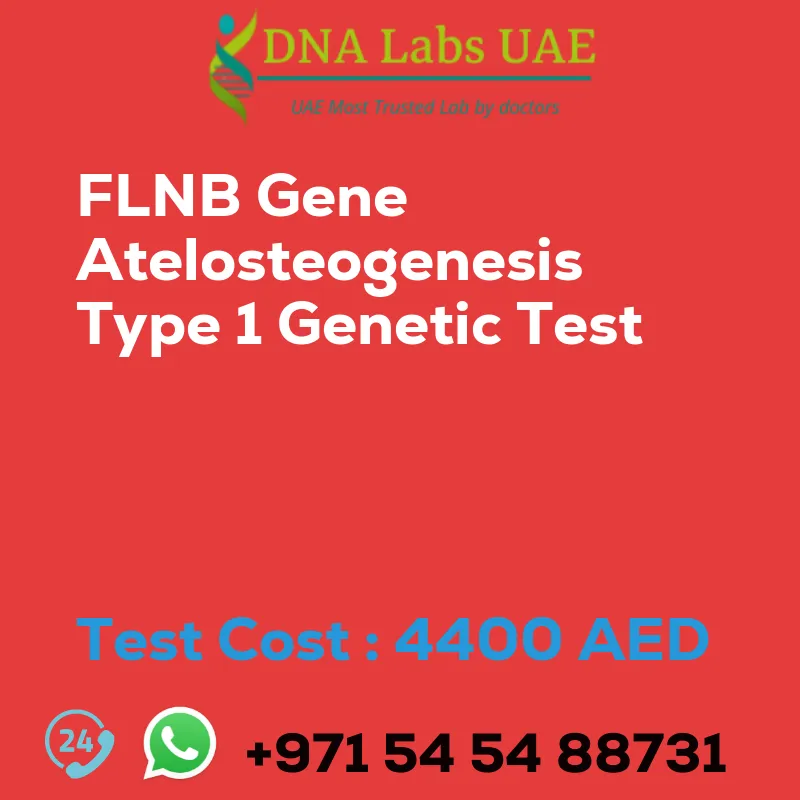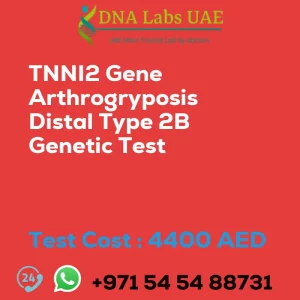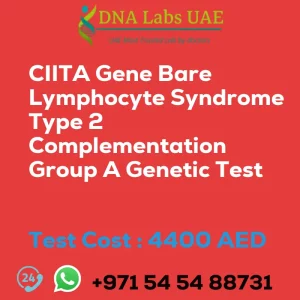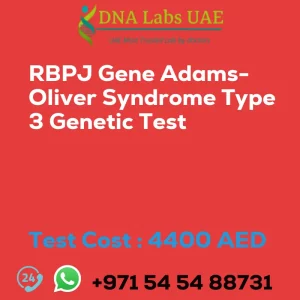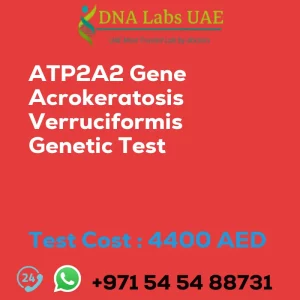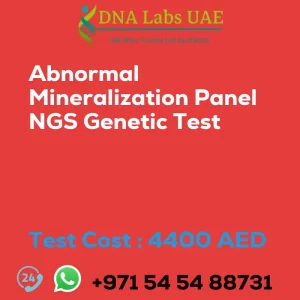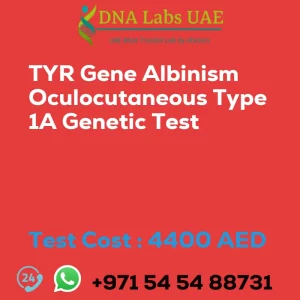FLNB Gene Atelosteogenesis type 1 Genetic Test
Components: FLNB Gene Atelosteogenesis type 1 Genetic Test
Price: 4400.0 AED
Sample Condition: Blood or Extracted DNA or One drop Blood on FTA Card
Report Delivery: 3 to 4 Weeks
Method: NGS Technology
Test Type: Osteology Dermatology Immunology Disorders
Doctor: Dermatologist
Test Department: Genetics
Pre Test Information: Clinical History of Patient who is going for FLNB Gene Atelosteogenesis type 1 NGS Genetic DNA Test. A Genetic Counselling session to draw a pedigree chart of family members affected with FLNB Gene Atelosteogenesis type 1 NGS Genetic DNA Test gene FLNB
Test Details:
The FLNB gene is responsible for providing instructions for making a protein called filamin B. Mutations in the FLNB gene can cause a rare genetic disorder called atelosteogenesis type 1. Atelosteogenesis type 1 is a severe skeletal disorder characterized by abnormal bone development and growth. Individuals with this condition typically have short limbs, a small chest, and a narrow ribcage. They may also have joint dislocations, clubfoot, and other skeletal abnormalities. Additionally, individuals with atelosteogenesis type 1 may have respiratory difficulties and may not survive beyond infancy or early childhood.
NGS (Next-Generation Sequencing) genetic testing is a method used to analyze the DNA sequence of an individual’s genes. It allows for the detection of specific genetic mutations associated with certain disorders, including atelosteogenesis type 1. NGS genetic testing can identify mutations in the FLNB gene, helping to confirm a diagnosis of atelosteogenesis type 1.
The genetic test involves obtaining a sample of the individual’s DNA, usually through a blood sample or cheek swab. The DNA is then sequenced using NGS technology, which reads the individual’s genetic code and identifies any mutations in the FLNB gene.
The results of the test can help healthcare professionals diagnose atelosteogenesis type 1 and provide appropriate medical management and genetic counseling for affected individuals and their families.
| Test Name | FLNB Gene Atelosteogenesis type 1 Genetic Test |
|---|---|
| Components | |
| Price | 4400.0 AED |
| Sample Condition | Blood or Extracted DNA or One drop Blood on FTA Card |
| Report Delivery | 3 to 4 Weeks |
| Method | NGS Technology |
| Test type | Osteology Dermatology Immunology Disorders |
| Doctor | Dermatologist |
| Test Department: | Genetics |
| Pre Test Information | Clinical History of Patient who is going for FLNB Gene Atelosteogenesis type 1 NGS Genetic DNA Test. A Genetic Counselling session to draw a pedigree chart of family members affected with FLNB Gene Atelosteogenesis type 1 NGS Genetic DNA Test gene FLNB |
| Test Details |
The FLNB gene is responsible for providing instructions for making a protein called filamin B. Mutations in the FLNB gene can cause a rare genetic disorder called atelosteogenesis type 1. Atelosteogenesis type 1 is a severe skeletal disorder characterized by abnormal bone development and growth. Individuals with this condition typically have short limbs, a small chest, and a narrow ribcage. They may also have joint dislocations, clubfoot, and other skeletal abnormalities. Additionally, individuals with atelosteogenesis type 1 may have respiratory difficulties and may not survive beyond infancy or early childhood. NGS (Next-Generation Sequencing) genetic testing is a method used to analyze the DNA sequence of an individual’s genes. It allows for the detection of specific genetic mutations associated with certain disorders, including atelosteogenesis type 1. NGS genetic testing can identify mutations in the FLNB gene, helping to confirm a diagnosis of atelosteogenesis type 1. The genetic test involves obtaining a sample of the individual’s DNA, usually through a blood sample or cheek swab. The DNA is then sequenced using NGS technology, which reads the individual’s genetic code and identifies any mutations in the FLNB gene. The results of the test can help healthcare professionals diagnose atelosteogenesis type 1 and provide appropriate medical management and genetic counseling for affected individuals and their families. |

